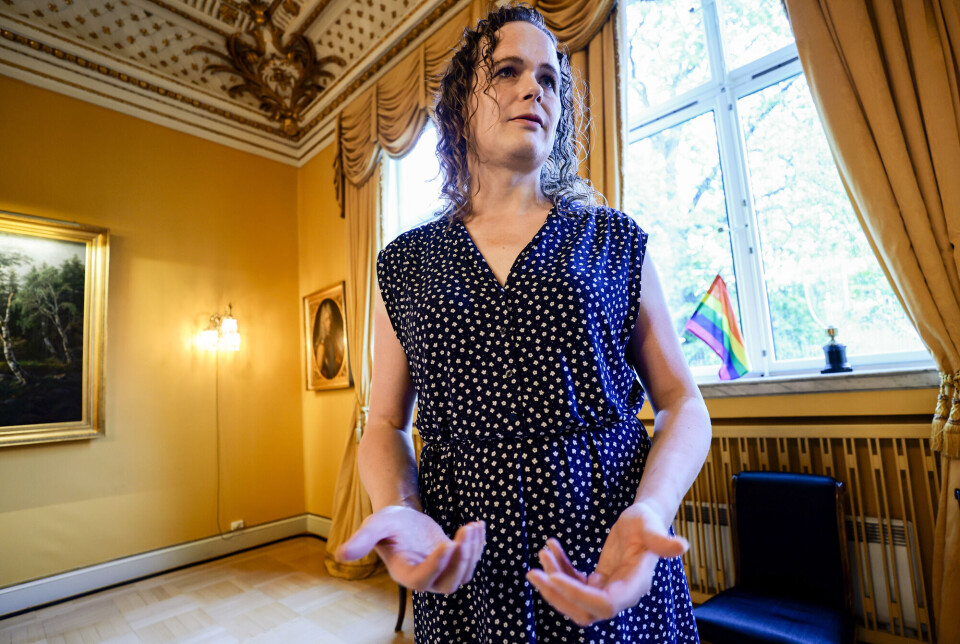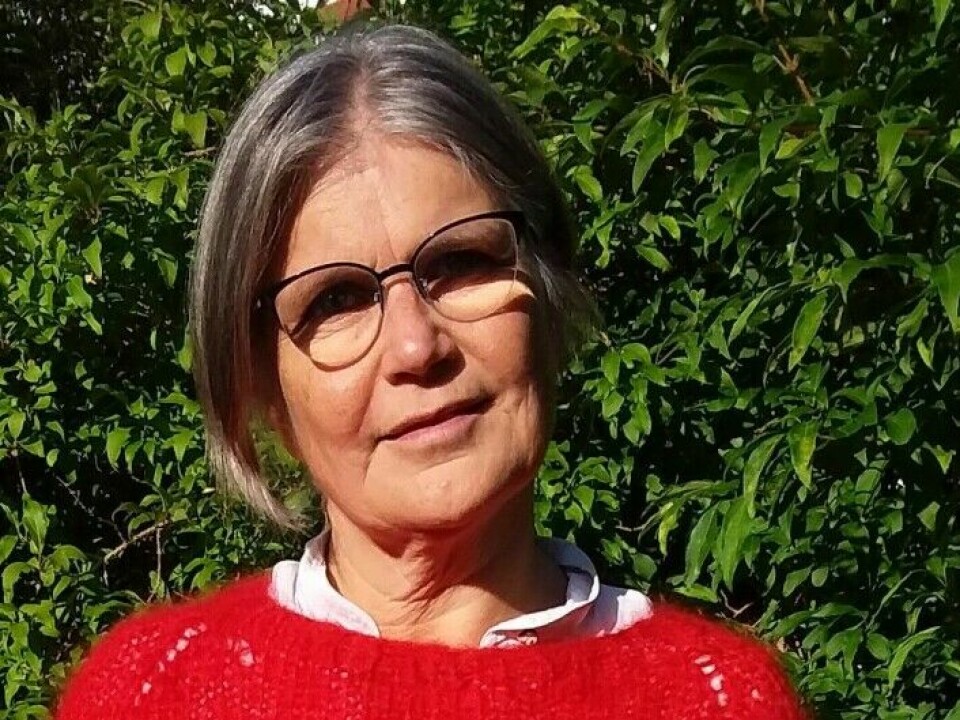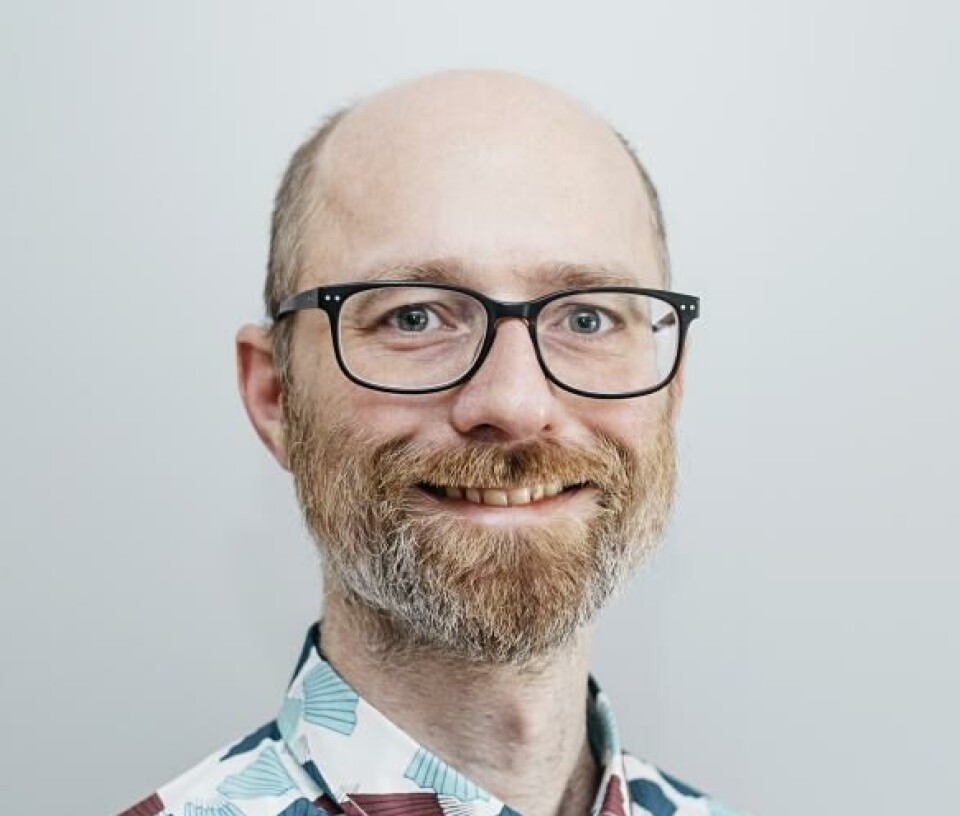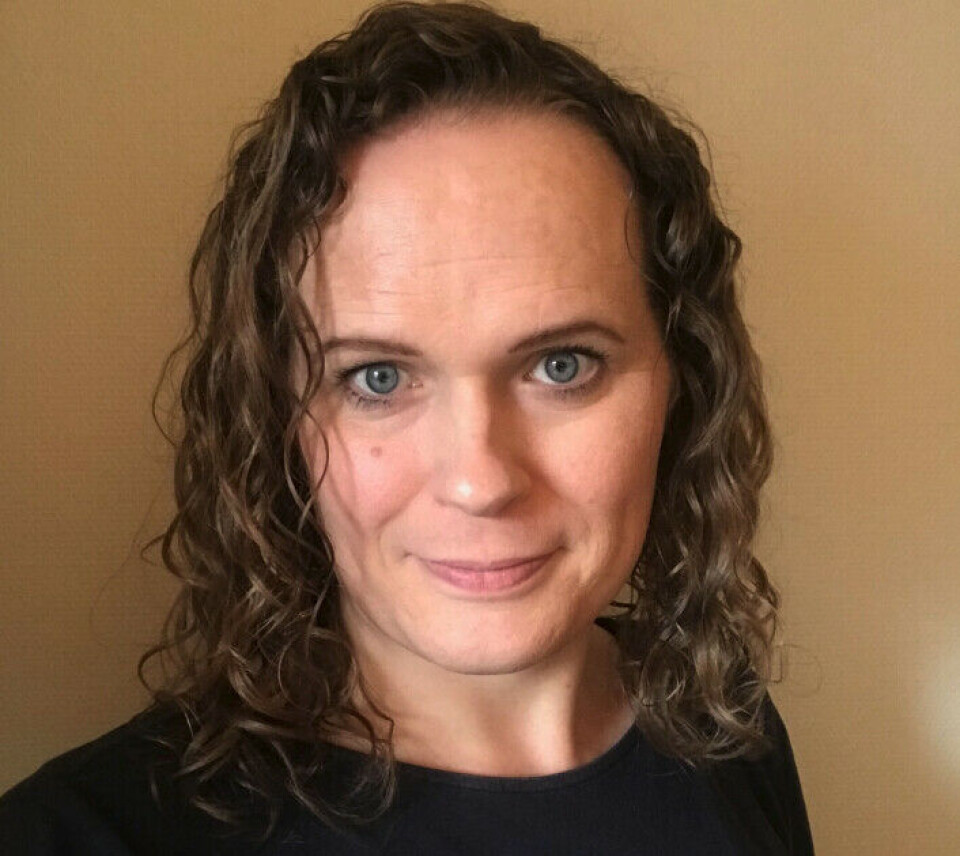
Rape, electric shocks, exorcisms, and collective prayer: Queer individuals share their experiences of conversion therapy in Norway
“If you're queer, you're a sinner. I did everything I could to correct what perceived as a flaw in myself,” says the leader of the Queer Christian Network.
‘The priest I had known for a long time and talked to regularly, he just wanted to test if his prayers had been answered, if I had become heterosexual, when he assaulted me. So that was his method. For me, who had been through a long period to rebuilding myself, it was absolutely horrific. He was an authority figure to me as a priest and someone I had built a trusting relationship with. It was both physically and mentally very awful.’
The story of the sexual assault comes from the report Experiences with conversion therapy among queer people. The priest was the father of an acquaintance of the person who recounted the incident.
Almost half of those who responded to the survey have experienced someone in a religious environment attempting to change or influence their sexual orientation or gender identity.

“I had expected that conversion therapy in Norway would be something more in the grey area between intercession and pastoral conversations. But the experiences we uncover in the interviews are just as bad as what we know from international research from the Middle East, Africa, and the USA,” says Line Alice Ytrehus.
She is one of the authors behind the report that was released in the autumn of 2023.
Used prayer and faith as justification
Researchers believe there are several reasons why the priest's actions can be considered both spiritual and sexual abuse.
The perpetrator was a religious authority whom the victim trusted. In addition, he used prayer and faith as justification for the rape. He justified the abuse by saying that her sexual orientation was wrong and used the assault as a test of her sexual orientation.
This indicates that she is being blamed for what happened, not him, the researchers believe.

Surprised by the number of responses
The researchers do not have enough data to say whether this practice is more or less common in Norway compared to other countries.
However, Ytrehus and Langeland tell sciencenorway.no that they were surprised by much of what emerged in the research.
“Firstly, we were surprised by the sheer number of responses. The pool of respondents in this area isn't extensive,” says Langeland.
In addition to a survey with 253 participants, they conducted in-depth interviews with 17 queer individuals.
Led to a ban
The report from Nordland Research Institute served as crucial groundwork for politicians.
In December 2023, the Storting decided to make such ‘therapy’ punishable by law. The penalties range from three years’ imprisonment to six years in severe cases.
“We've lacked substantial understanding of the experience of being queer and religious in Norway until now,” says Fredrik Langeland, the main author of the report.
So what did the researchers actually find out?
Electroshock therapy during adolescence
In most instances, it's religious leaders who administer conversion therapy. However, some have encountered it even in secular settings.
A young trans woman experienced her GP, whom she had known all her life and who was a Christian and family friend, scolding her and trying to convince her that she was wrong about herself.
Another account from the interviews involves a teenager who underwent electroshock therapy by someone he believed was a psychologist.
This occurred after school in a room at the public secondary school he attended.
Received electric shocks
A family member who suspected he was queer claimed to want to assist him.
‘He reached out to someone he described as a completely normal conversation partner.’
Upon the boy's arrival for his initial session, he discovered it was conversion therapy. It entailed displaying images of individuals with diverse gender identities and sexual orientations. If he responded to any of it, he received electric shocks, he recounted.
‘I wasn't shocked if I reacted positively, which was considered normal. What was perceived as normal, being heterosexual, being a cis person.’
Not surprised
Elisabeth Meling is the chair of the Queer Christian Network. The findings of the report do not surprise her.
“Unfortunately, I have to say. But they make me sad,” she says.
She and others in the network are familiar with such stories.
Sometimes, conversion therapy is also self-inflicted, she says.

“If you're queer, you're a sinner. I did everything I could to correct what perceived as a flaw in myself,” says Meling.
Afraid of being sent away
It is good that it has now been documented by researchers that this happens and that it is often very rough stories, Meling thinks. It adds a different gravity to the situation, she believes.
“What’s nice about the in-depth interviews is that they clearly show what this does to people. Many carry great traumas after such experiences,” she says.
Researcher Fredrik Langeland can confirm this.
For young people to endure such intense fear, as described by some informants, has profound negative effects, he believes.
“From the international research literature, we see that they’re in a very vulnerable situation, with a lot of anxiety, trauma, and suicide attempts. Many children have no one to talk to about feeling different. They fear the consequences,” she says.
Many are also afraid of being sent away, according to Langeland.
Several individuals interviewed have been offered opportunities to attend camps or courses in the USA to ‘cure’ their sexual orientation or gender identity.
Some are more severe
There are some Christian congregations that stand out as particularly difficult to be queer in, according to Elisabeth Meling.
“Conservative congregations are generally difficult. They can be more fundamentalist and interpret the Bible literally,” she says.
“Evangelical Christians and charismatic free churches approach conversion therapy differently. The latter tend to be more severe, with stronger ties abroad, sometimes sending youths to such camps overseas.”
Not everyone has severed ties with their faith
Many have severed ties with their own religious community after experiencing conversion therapy. However, their faith is not always damaged.
There are many who say that religion is still a fairly important or very important part of their lives.
This surprises the researchers a bit.
The survey does not provide a good explanation for this.
Although over half of the respondents in the survey have broken with a religious community, a clear majority are still believers and active in religious communities or organisations.
The researchers interpret this as many of the respondents finding belonging in another Christian community than the one they broke with.
Established a community
Through the project, researchers have received feedback that individuals who have been subjected to or are at risk of undergoing conversion therapy need a low-threshold service to get help and support.
The chairperson of the Queer Christian Network believes this is important.
“They require a safe space and affirmation of their identity. Our organisation has established a community for individuals who have experienced conversion therapy, although resources are limited for creating discussion groups or similar initiatives beyond our organisation,” she says.
Some members have abandoned their faith, while others have not, according to Meling.
Continued practice
Meling doubts that religious communities will cease conversion therapy despite the legal ban.
“I fear they'll resort to alternative methods to continue this practice, circumventing legal statutes and operating discreetly,” she says.
Nevertheless, she believes the ban enables victims to pursue legal action against perpetrators of conversion therapy.
Need for more knowledge
Line Alice Ytrehus also does not believe that those engaged in this practice will stop after the ban.
“They probably have a religious conviction that what they’re doing is right. But I think it will be easier for the victims to get help from the public and other non-profit organisations,” she says.
It is important to offer religious communities more knowledge about being queer, Fredrik Langeland believes.
He encourages authorities to create informational material with theological knowledge about sexual orientation, gender identity, and gender expression.
Reference:
Langeland et al. Erfaringer med konverteringsterapi blant skeive: En kvalitativ og kvantitativ undersøkelse (Experiences with conversion therapy among queer individuals: A qualitative and quantitative study), Report by Nordland Research Institute, 2023.
———
Translated by Alette Bjordal Gjellesvik
Read the Norwegian version of this article on forskning.no






































